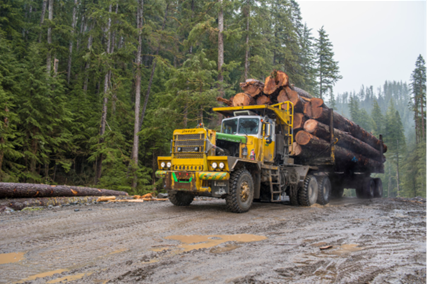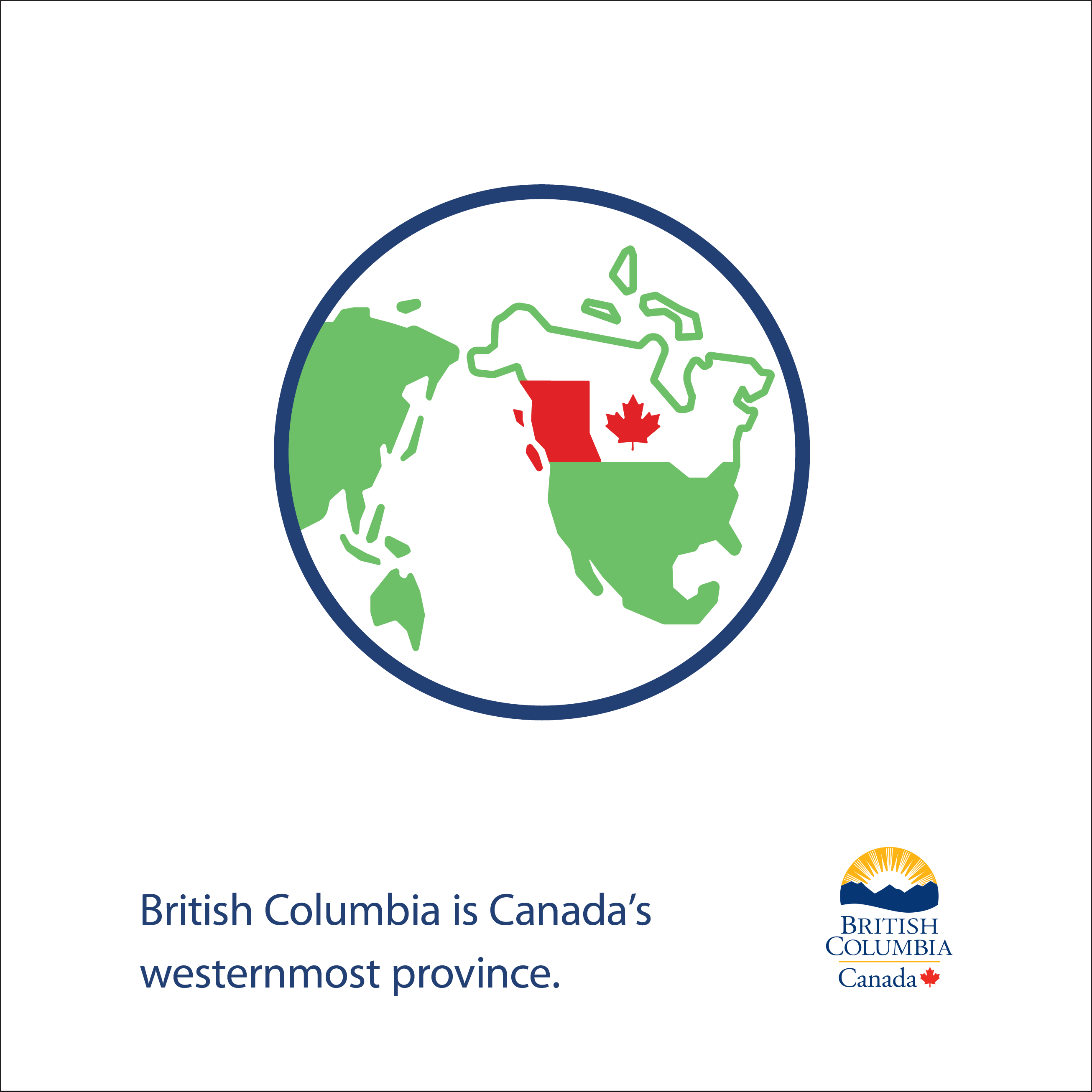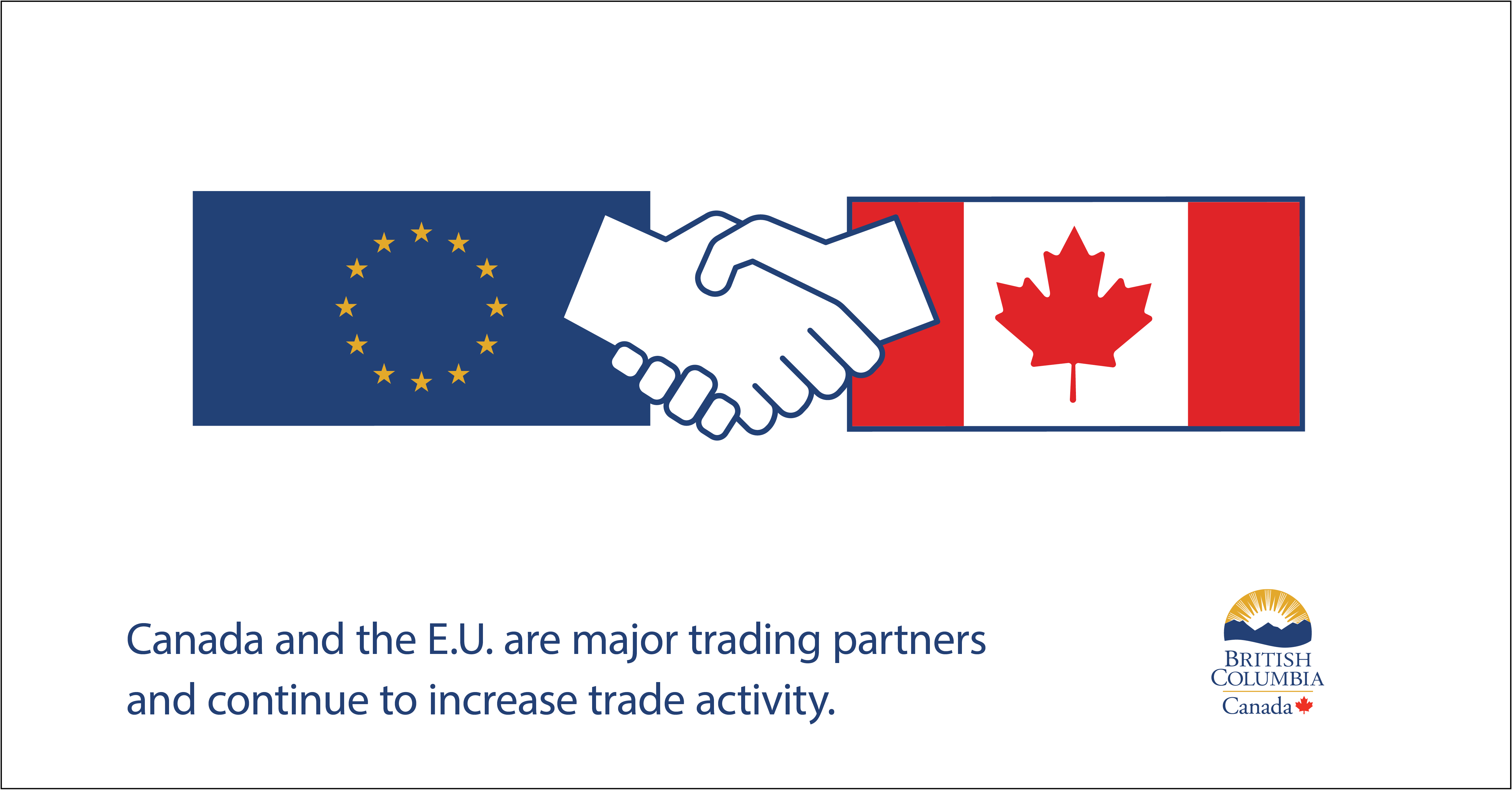Clean Energy
A Global Leader in the Supply of Responsibly Sourced Low-Emission Clean Energy
British Columbia (B.C.) leads the way in abundant natural resources that drive the development, testing and use of clean energy technology including but not limited to low-carbon hydrogen, biofuels, renewable natural gas, biomass, renewable electricity, geothermal and carbon capture, utilization and storage.
Unlike many other regions in the world, B.C. has an electricity grid that can deliver close to 100% zero-emissions electricity to power homes, businesses and vehicles.
Industry Highlights
Competitive Advantages of B.C.’s Clean Energy Sector
B.C. businesses are well positioned to meet the interests of investors because of its competitive advantages.
Abundant Resources
B.C. is speeding up industrial decarbonization by harnessing one of its most reliable resources in the battle against climate change: its abundant, clean and cost-effective hydroelectric power supply as an alternative to fossil fuel.
Community and First Nations Engagement
B.C. works in partnership with First Nations and the clean energy industry on achieving agreements that ensure real benefits reach people in the province while also protecting our environment.
Easy Market Access
B.C. holds the most regionally advantageous position among other provinces in Canada for accessing global markets, such as Asia, the Americas, Europe and Africa where demand for hydrogen remains high.
Highly Skilled Workforce
British Columbia has a large, diverse, and educated workforce and a strong talent pipeline thanks to its education and training programs that prepare highly specialized workers in the clean energy sector.
Innovative Technologies
The province is accelerating technology development for a low-carbon future through the Centre for Innovation and Clean Energy and providing funding for development of innovative technologies in the clean energy sector.
Supportive Government
The B.C. Government prioritizes the expansion of the clean energy sector, actively fostering investment and striving to generate market opportunities for the province.
Sustainable Environmental Leadership
The CleanBC Roadmap to 2030 outlines the Province’s plan to reduce emissions by 40% by 2030, and includes a range of accelerated and expanded actions across eight pathways, including low-carbon energy, transportation, buildings, communities, industry, forest bioeconomy, agriculture, aquaculture and fisheries, and negative emissions technologies.
Resources and Tools
Industry Organizations
Top Companies in Clean Energy Innovation
Clean Energy Sector News & Stories
Connect With An Expert
Our Trade and Investment Representatives can help you establish the right connections, participate in events and tradeshows, explore programs and initiatives, and more. Connect with an expert near you.





